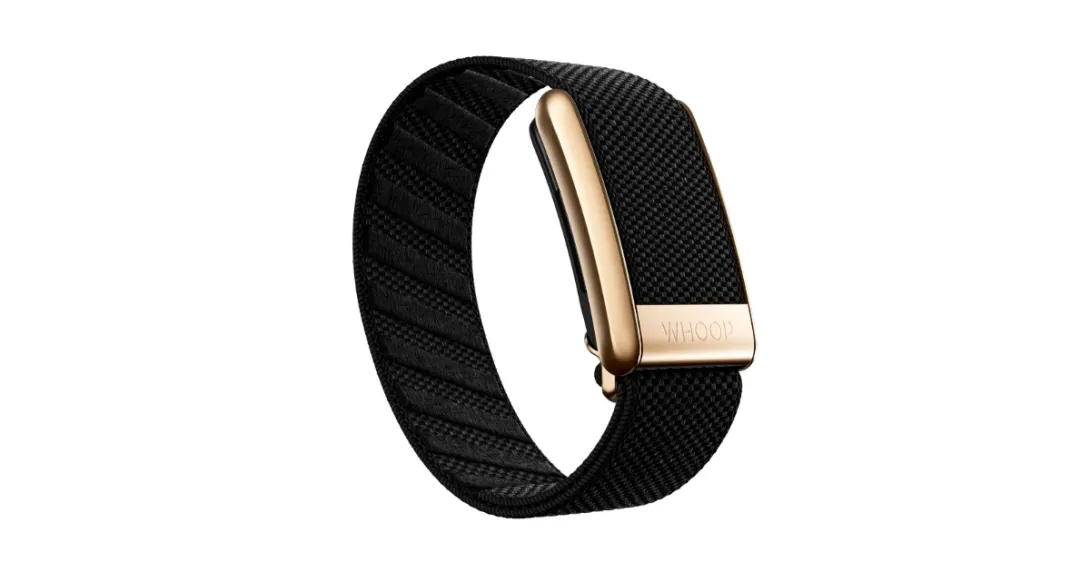
Boston-based wearable fitness company WHOOP has publicly responded to the FDA's letter from July, stating its Blood Pressure Insights feature does not need FDA approval as it is a wellness feature and falls under the 21st Century Cures Act.
In its letter, the FDA claimed WHOOP's Blood Pressure Insights feature qualifies as a medical device under federal law, and the company is improperly marketing its wearable as it has not received the necessary regulatory approval.
In an interview with CNBC that WHOOP CEO and founder, Will Ahmed, posted on LinkedIn, he said the company stands behind its feature as it is a wellness feature, similar to the company's other wellness features, like sleep, exercise and nutrition.
He said the 21st Century Cures Act applies to WHOOP's Blood Pressure Insights, as the feature is designed for wellness purposes and therefore should not fall under FDA regulation–a stance the Agency has successfully applied to heart rate and sleep monitoring technologies.
"In the place of blood pressure, there should be a wellness use case, and that's what WHOOP has put forward," Ahmed said. "If a product or a feature is intended for wellness, it is not designed to be regulated by the FDA."
Ahmed said the FDA's mandate is to regulate medical features that have a diagnosis, similar to other physiological metrics, where there is a wellness use case and a medical use case.
WHOOP's CEO used heart rate monitoring as an example, noting that devices like the Apple Watch track heart rate.
He said that monitoring for purposes such as stress, exercise or sleep falls under wellness, but detecting conditions like AFib constitutes a medical diagnosis and must be regulated by the FDA.
"There is pretty clear lines of distinction for a number of physiological metrics, but for some reason, for blood pressure, the FDA says there can't be a wellness use case, and that doesn't make a lot of sense because there is an avalanche of peer-reviewed research that shows that blood pressure, not surprisingly, impacts your wellness," Ahmed said.
Ahmed iterated that WHOOP has a lot of respect for the FDA, but in this case, "they've got it wrong in part because this is new technology."
He said it's important to highlight the policies in place that enable companies to innovate in the space, and that those policies must remain consistent.
Ahmed reiterated that the company has seen positive support from its members on the feature and will continue fighting the FDA to continue offering its Blood Pressure Insights feature.
THE LARGER TREND
The FDA sent a letter to WHOOP in July stating that its Blood Pressure Insights feature qualifies as a medical device under federal law, as it provides daily systolic and diastolic blood pressure estimates—which the Agency says are "inherently associated with the diagnosis of hypo- and hypertension" and therefore intended for diagnosing, curing, mitigating, treating, or preventing disease.
The Agency said it has not authorized the feature for any use, and that WHOOP lacks premarket approval and 510(k) clearance for Blood Pressure Insights. It also noted that WHOOP failed to notify the FDA before distributing the product, rendering the device both "adulterated" and "misbranded."
Following receipt of the letter, WHOOP issued a statement saying it disagrees with the FDA's claims, stating that BPI is a wellness feature, not a medical device.
"It's designed to help you understand how your body responds to daily life, not to diagnose or treat any condition. Wellness features like this are common in wearable technology, like tracking your respiratory rate or HRV, and provide valuable insights to support better decisions about your performance without requiring FDA clearance," WHOOP said in a statement.
In its letter, the FDA said that even if WHOOP's feature were intended solely for general health, it would still not qualify under the Agency's general wellness policy because blood pressure estimation is not a low-risk function.
The Agency emphasized that high blood pressure is a leading, modifiable risk factor for cardiovascular disease, and with AHA guidelines now recommending home monitoring, accuracy is critical.
The FDA urged WHOOP to promptly address the violations outlined in its letter, warning that failure to do so within 15 business days could lead to regulatory actions such as seizure, injunction, or civil penalties without further notice.
WHOOP earned unicorn status after closing a $100 million Series E funding round, bringing its valuation to $1.2 billion.
Less than a year later, the company raised $200 million in Series F funding, bringing its total raise to $400 million and boosting its valuation to $3.6 billion.

